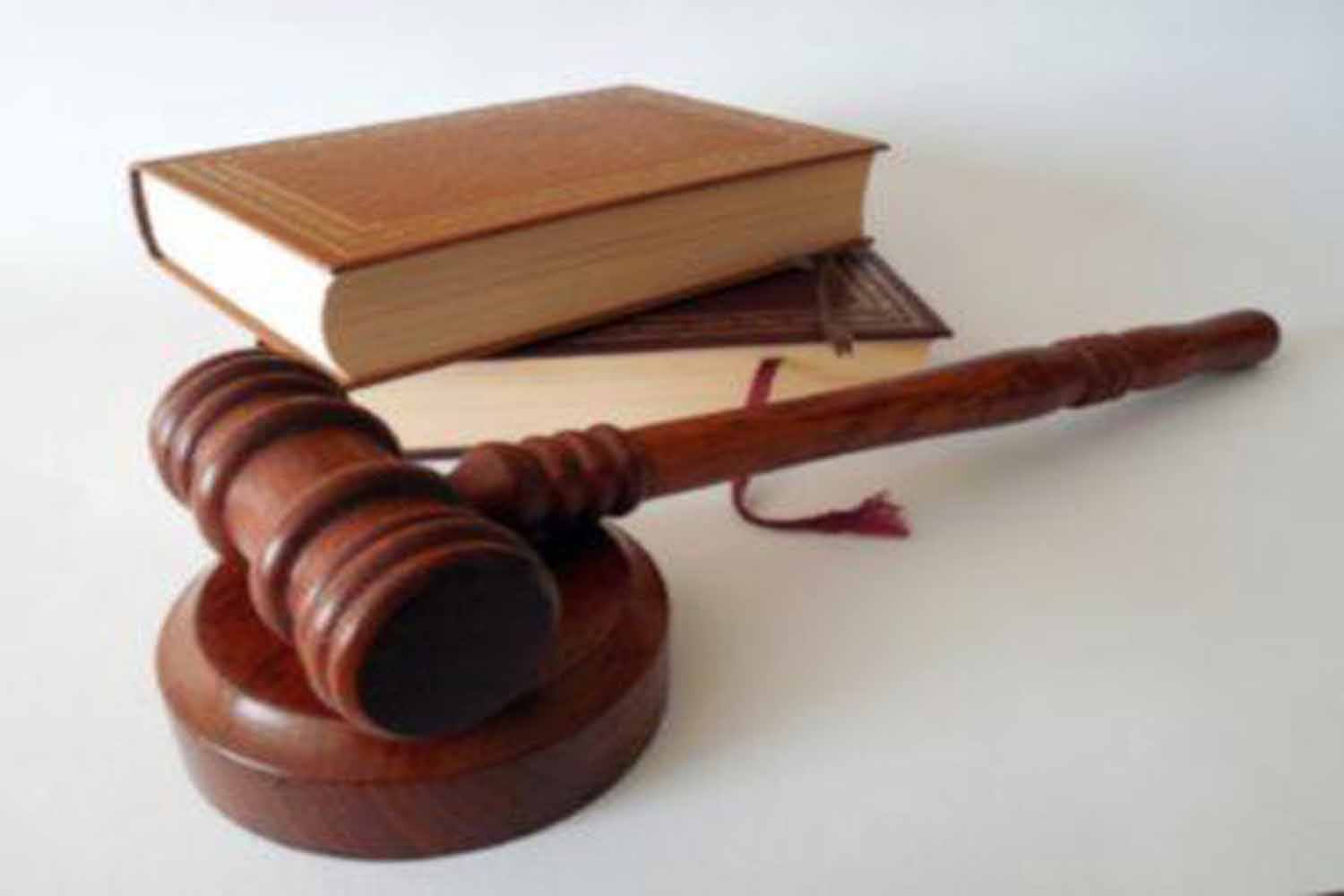Previously we have explored: a) successful defenses to enforcement of personal guaranties, b) unsuccessful defenses to enforcement of personal guaranties, c) language requirements for personal guaranties, and lastly we will explore the obligation of an alleged guarantor when a personal guaranty is forged.
Blogs & Resources
Jimerson Birr, P.A. offers clients a customer-focused and cost-effective alternative to larger business law firms.





